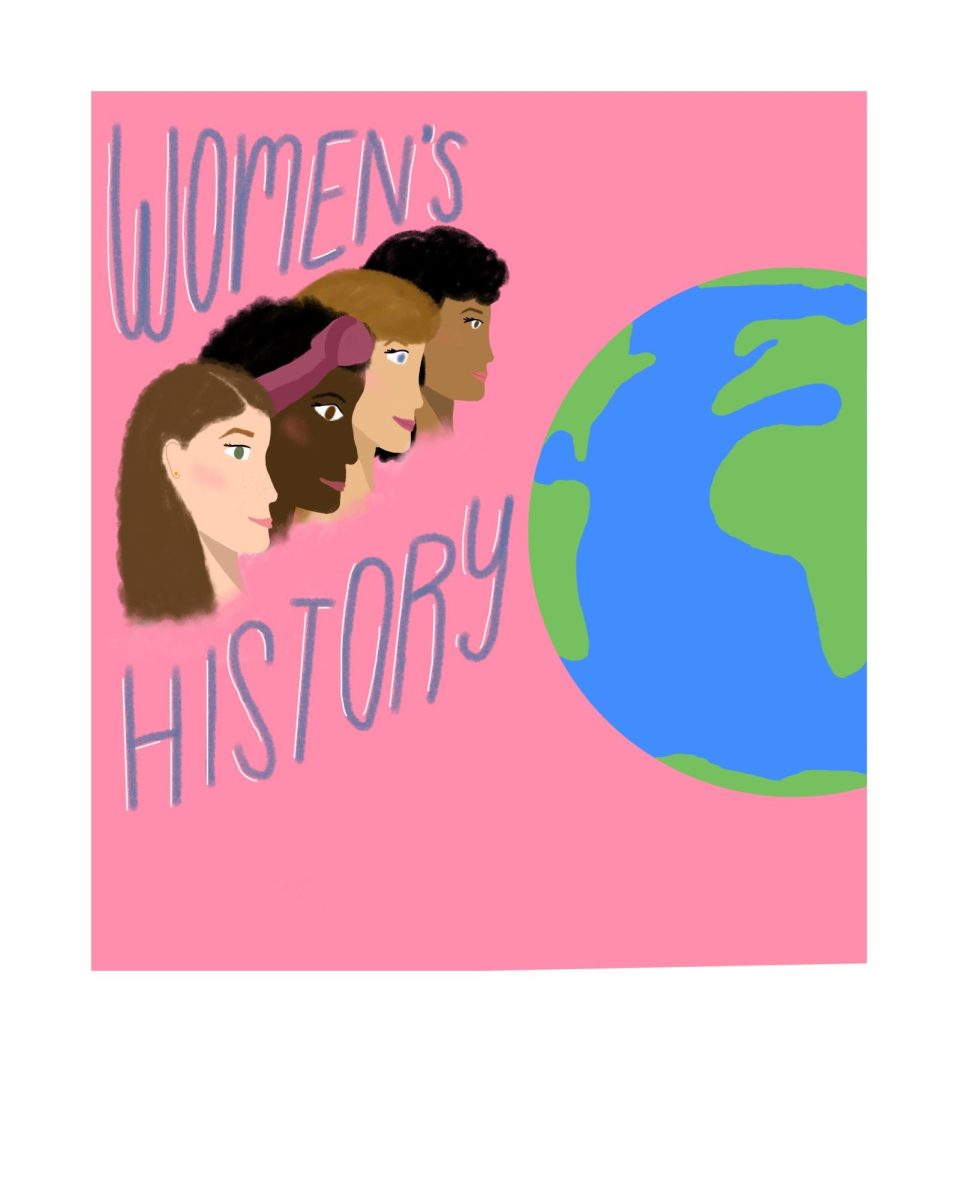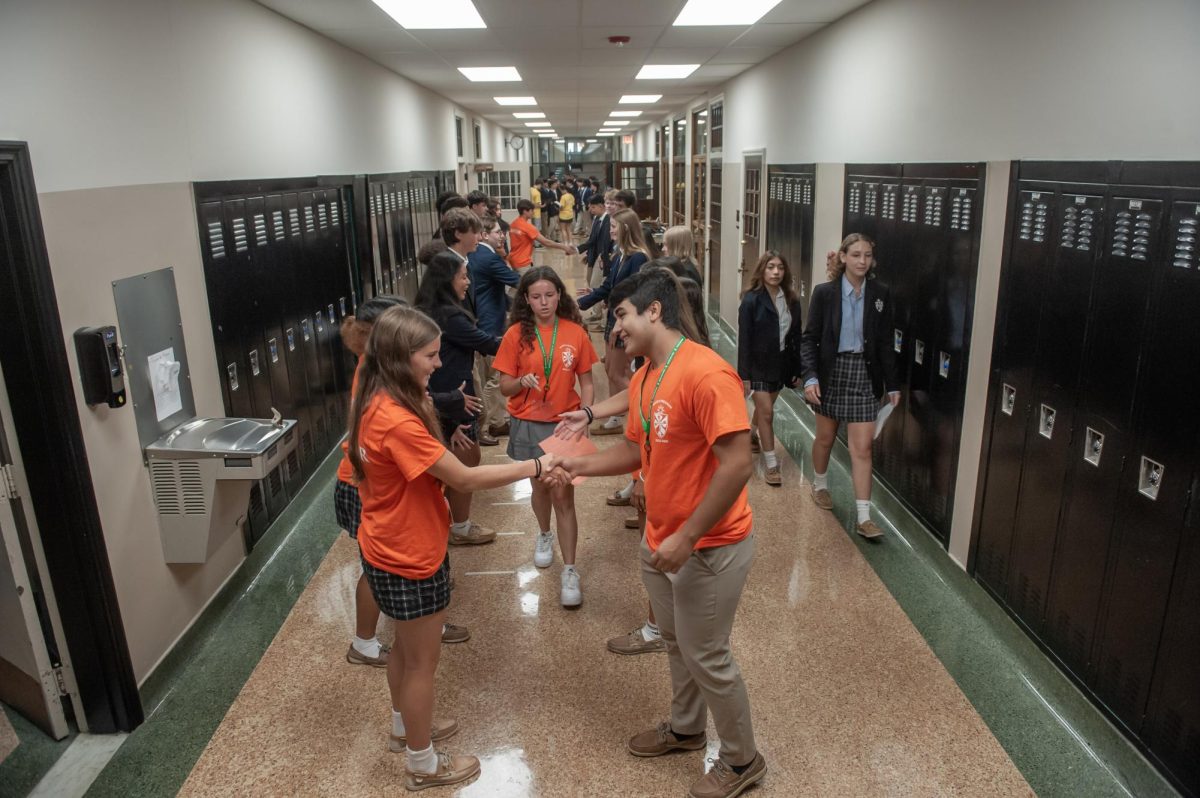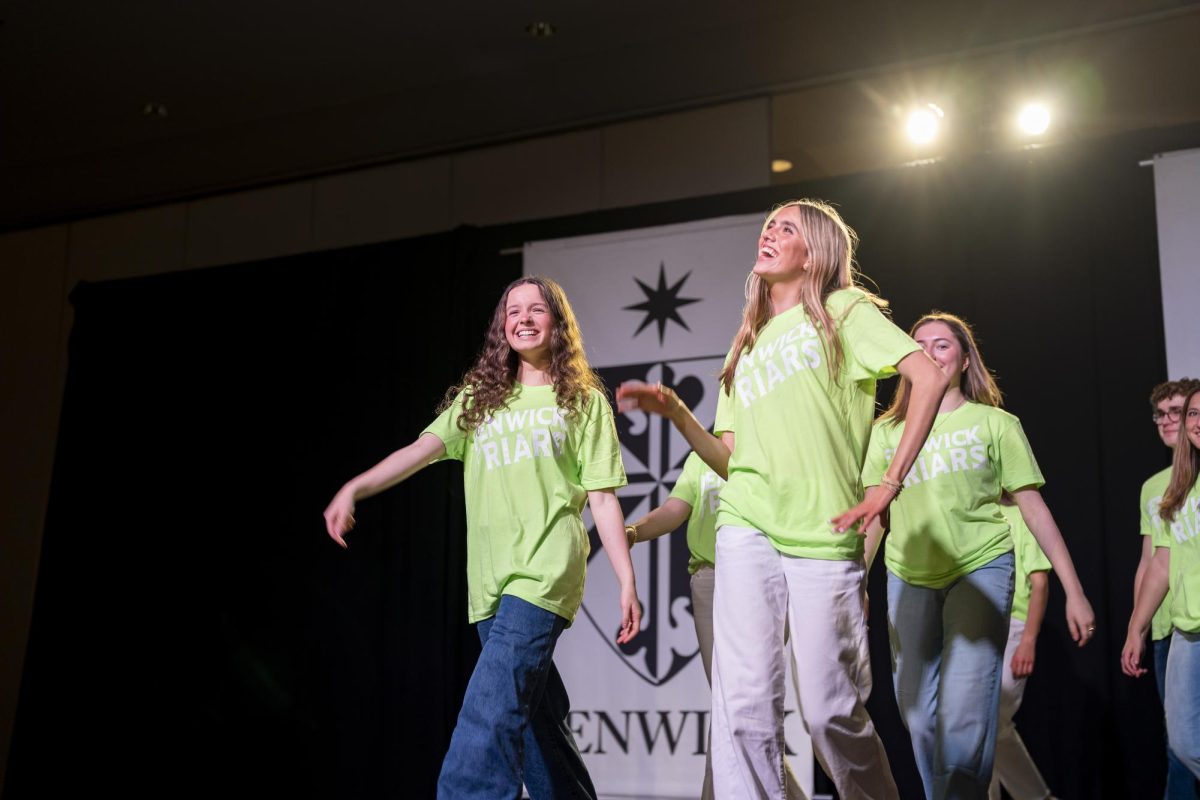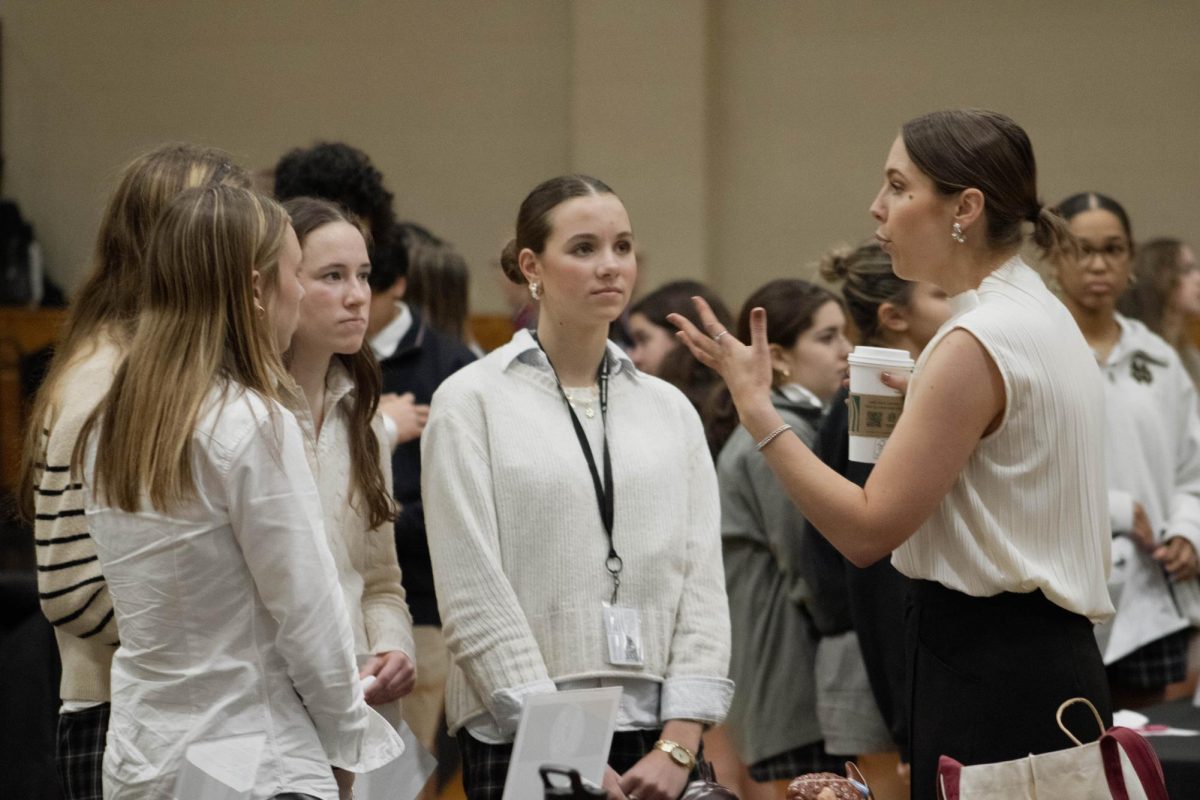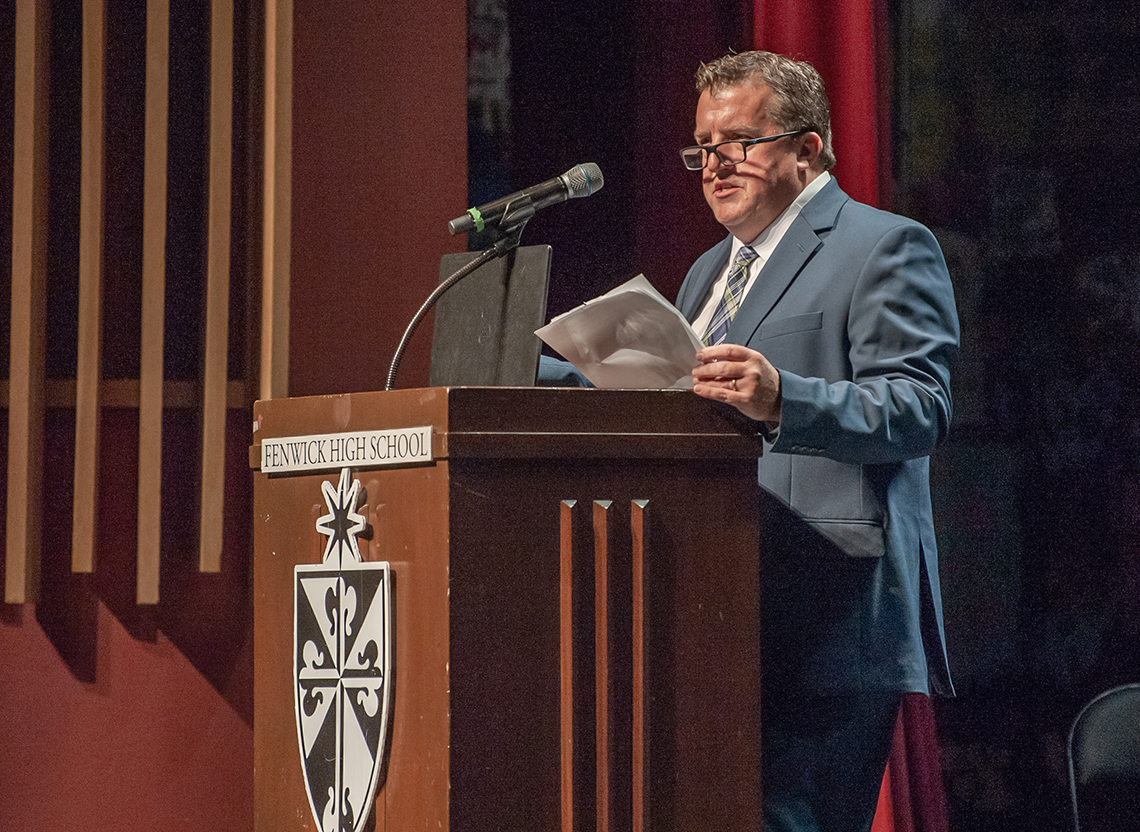Amelia Earhart, Maya Angelou, Rosa Parks, Ruth Bader Ginsburg; when studying the contributions of women to science, politics, and society, it is clear to see the immense impact that they have made in America and the world. In 1980, a group led by the National Women’s History Project advocated for the recognition of women on a national level. In February of 1980, President Jimmy Carter designated the week of March 7th to recognize important women in history. However, in 1987, the whole month of March was designated as Women’s History Month to celebrate the vast impacts that women have made throughout history. Each year, the National Women’s History Alliance chooses a theme that highlights a certain aspect of women in history. This year, the theme is “Women who advocate for equity, diversity, and inclusion”. While every person that supported equality for all during the Civil Rights movement is extremely influential and important, many women whose work was pivotal for achieving equality are overshadowed. Dorothy Height, Ella Baker, and Frannie Lou Hamer are three examples of lesser known but still incredibly important women in history. Dorothy Height became the president of the National Council for Negro Women, organized the March on Washington for Jobs and Freedom, and won a Presidential Medal of Freedom in 1994. Ella Baker co-founded and ran the Young Negroes Cooperative League and served as the Secretary for the Student Nonviolent Coordinating Committee. Baker’s work is a testament to the fact that it was women who truly took the forefront of the Civil Rights Movement. Lastly, Frannie Lou Hamer spoke out against the oppressive conditions that African American southerners faced. Despite pushback from the Federal government, Hamer continued to fight for African Americans voting rights. These three lesser known but influential leaders bravely defied that standard by advocating for African American rights and continue to inspire women today that their voices matter and can cause so much change.
While you or I might not be the first woman to fly solo across the Atlantic, organize a pivotal protest in the Civil Rights Movement, or become one of the first female Supreme Court Justices, we can support and uplift the women in our community, school, and family whose efforts make our daily lives so much better. When asked how women in our school community can best support each other, Mrs. Visteen, the class of 2026 counselor, says that “Women [in the Fenwick community] have supported me at times through action, through observation, through their willingness to listen; and that is the best way to build a stronger community of women, by being present and by being willing to learn from each other”. Along with many women within the Fenwick community, she observes that Gloria Steinmen, Ruth Bader Ginsberg, as well as her mother and sisters inspire her to embrace other women and step outside normal gender roles. Mrs. Legac, a math teacher here at Fenwick, says that she finds women who “stand for something important that they will fight at all costs and not be deterred” to be most inspiring, and notes Kathrine Switzer and Greta Thunberg as examples. She says that “A woman friend who always supports you and has your back is one of the best gifts in the world. We all need to support one another and not be threatened by each other’s talents- instead embrace, share and learn from one another.” Additionally, Mrs. Hasenbeck-Meyer, head of the Theology department, listed off Jane Addams, Ruth Bader Ginsburg, St. Katherine Drexel, Eleanor Roosevelt, and Ida B. Wells when asked what women in history inspire her. Similar to the other responses, she says that women can support each other by “empowering each other to share and implement our ideas, celebrating each other’s accomplishments, offering more mentoring opportunities, and calling out double standards and inequality when it [is seen] happening to each other”. From Mrs. Visteen, Mrs. Legac, and Mrs. Hasenbeck Meyer’s responses, it is apparent that the women in our school, community, and world will benefit from mutual support, inspiration from each other, and positive encouragement. In the words of Helen Keller, “Alone we can do so little; together we can do so much.”



